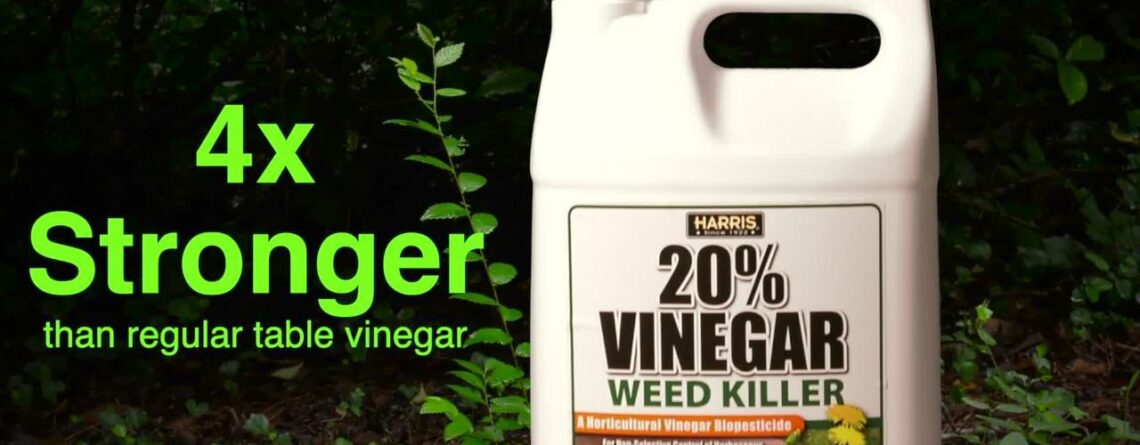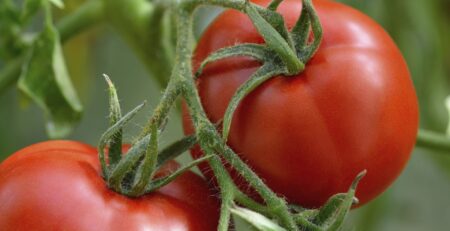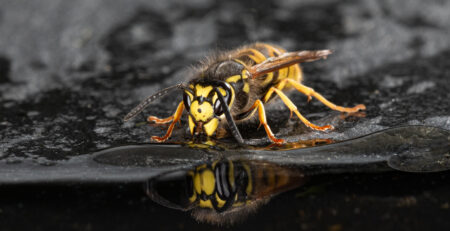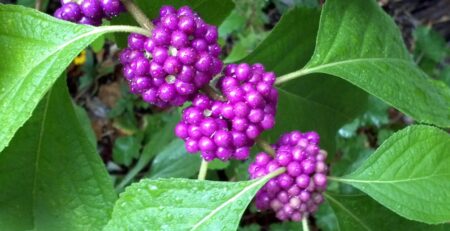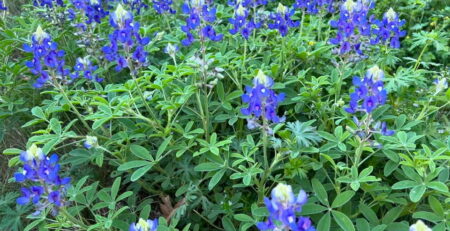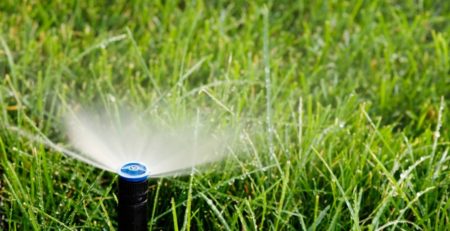How To Use Vinegar as an Herbicide
Does vinegar make a good weed killer? In order to use vinegar and other acetic acid herbicides effectively, it is important to understand what they are and how they work to kill weeds.
Acetic acid is the component in vinegar that has herbicidal properties. Acetic acid damages plants by “burning” the foliage.
“Acetic acid is a non-selective contact herbicide or “top killer.” It affects only the area of a plant that it comes in contact with, such as stems and leaves. It does not travel through the plant, so roots are not directly affected. Acetic acid works by causing plant desiccation, which means that it causes plants to “dry out.” It does this by breaking down plant cell walls and plant fluids then “leak” out. Shortly after an application of acetic acid, susceptible weeds become discolored and turn brown. After a few hours the weeds will be black and water logged. Young actively growing herbaceous weeds are the most susceptible to acetic acid treatments. Plants with more root reserves, such as perennial weeds, are more resistant to these kinds of herbicides and may not be seriously affected.”
https://www.portlandoregon.gov/shared/cfm/image.cfm…
The amount of acetic acid in a product will influence its effectiveness as a weedkiller. The concentration of acetic acid in typical household vinegars is about 5%. Research has shown that vinegars of this strength are primarily effective on very young weeds with undeveloped root systems. Commercial horticultural products may contain higher concentrations of acetic acid, from 7% up to 20%. These products have been shown to be effective at controlling a wider range of weeds at later stages of growth. No matter what product you choose, thorough coverage is important and repeat applications may be necessary for good weed control.
A word of caution when using products with higher concentrations of acetic acid. Acetic acid is corrosive and can cause irritation and/or burning of the skin and eyes and respiratory tract, allergic sensitization, and severe damage to the digestive tract if swallowed. A 20% vinegar weed killer is considered by OSHA to be a hazardous substance and carries a Danger label. If using a product of this strength, it is critical to wear protective clothing, eye protection and face protection. Read the label of your product carefully before use.
Below are links to some great articles explaining how to use acetic acid products for best results.

